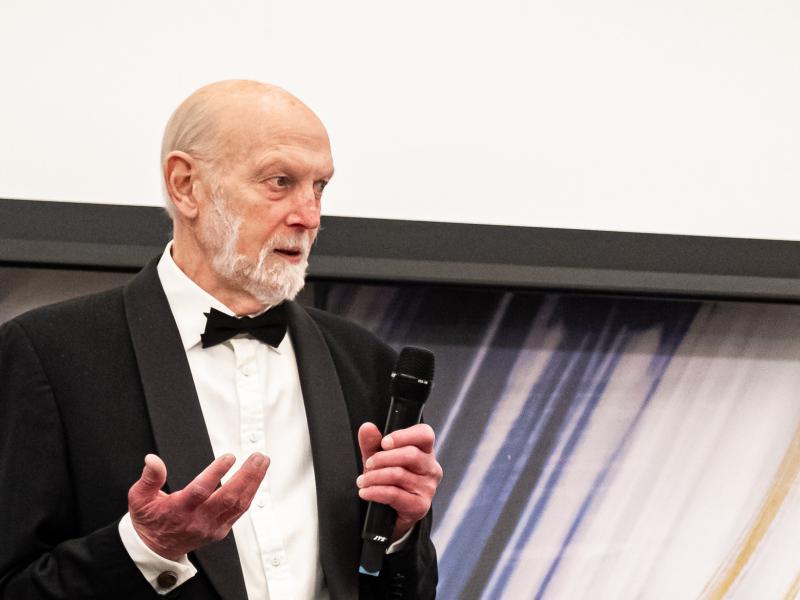Following this morning’s UK Supreme Court ruling that Uber drivers are workers, not self-employed contractors, global union federation representing 20 million transport workers has called on Uber to abandon its predatory business model globally.
The unanimous dismissal of Uber’s appeal handed down by the court ends a long-running legal battle after Uber appealed and lost through all four rounds.
In welcoming this morning’s landmark decision, Stephen Cotton, General Secretary of the International Transport Workers’ Federation (ITF) called on Uber to emerge from behind their app and extend protections to its drivers and riders globally.
“We congratulate the claimants, their representatives and legal teams. This is a victory for all workers fighting for decent work in the gig economy,” said Cotton. “For the fourth and final time, British judges have ignored Uber’s twisted and fictional contract language and concluded that the company is misclassifying its drivers.”
Today’s ruling arrives almost one year after France’s highest court ruled that Uber drivers are employees.
“Despite attempts by Uber and other gig economy companies to misclassify their workers as independent contractors, courts are increasingly recognising direct employment relationships. The tide is turning,” said Cotton.
“It’s time for Uber to abandon both its predatory business model and its aggressive legal and regulatory strategies and recognise their drivers and riders as workers with protections and rights that they are entitled to,” added Cotton.
For Uber drivers, today’s decision means that they can finally enjoy fundamental workers' rights including the national minimum wage, holiday pay, sick pay, protection against unlawful discrimination and collective bargaining rights.
“We call on Uber to listen to its workers and to sit down with trade unions and engage in meaningful dialogue that ensures that the future of the gig-economy benefits everyone,” said Cotton.
The Supreme Court judgment emphasised five aspects which led to the Court’s conclusion on worker status:
- Uber sets the fare;
- Drivers have no say in contract terms;
- Once a driver has logged onto the Uber app, the driver’s choice about whether to accept requests for rides is constrained by Uber (i.e. penalties for not accepting rides);
- Uber exercises significant control over the way in which drivers deliver their services (i.e. low ratings result in deactivations); and
- Uber restricts communications between passenger and driver to the minimum necessary (i.e. there can be no contracting between driver and passenger).
For more information contact: media@itf.org.uk



